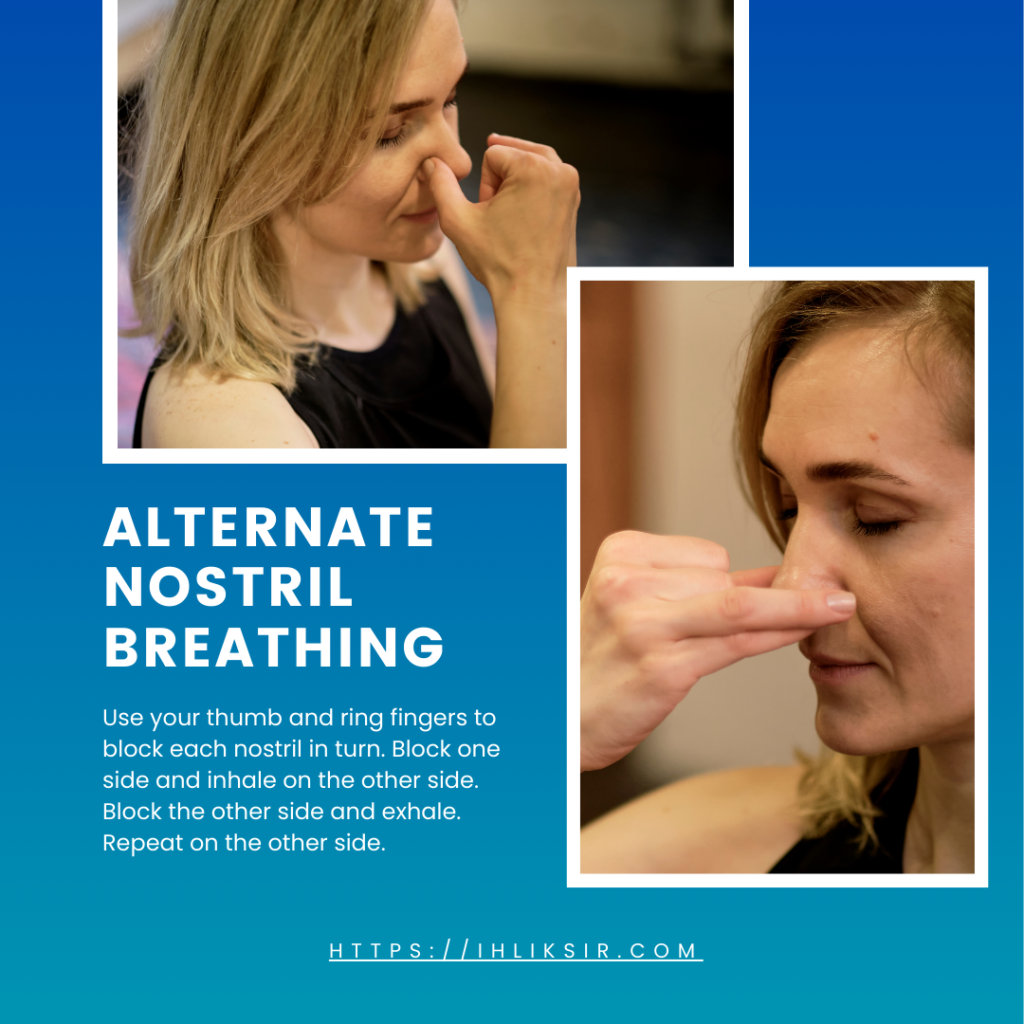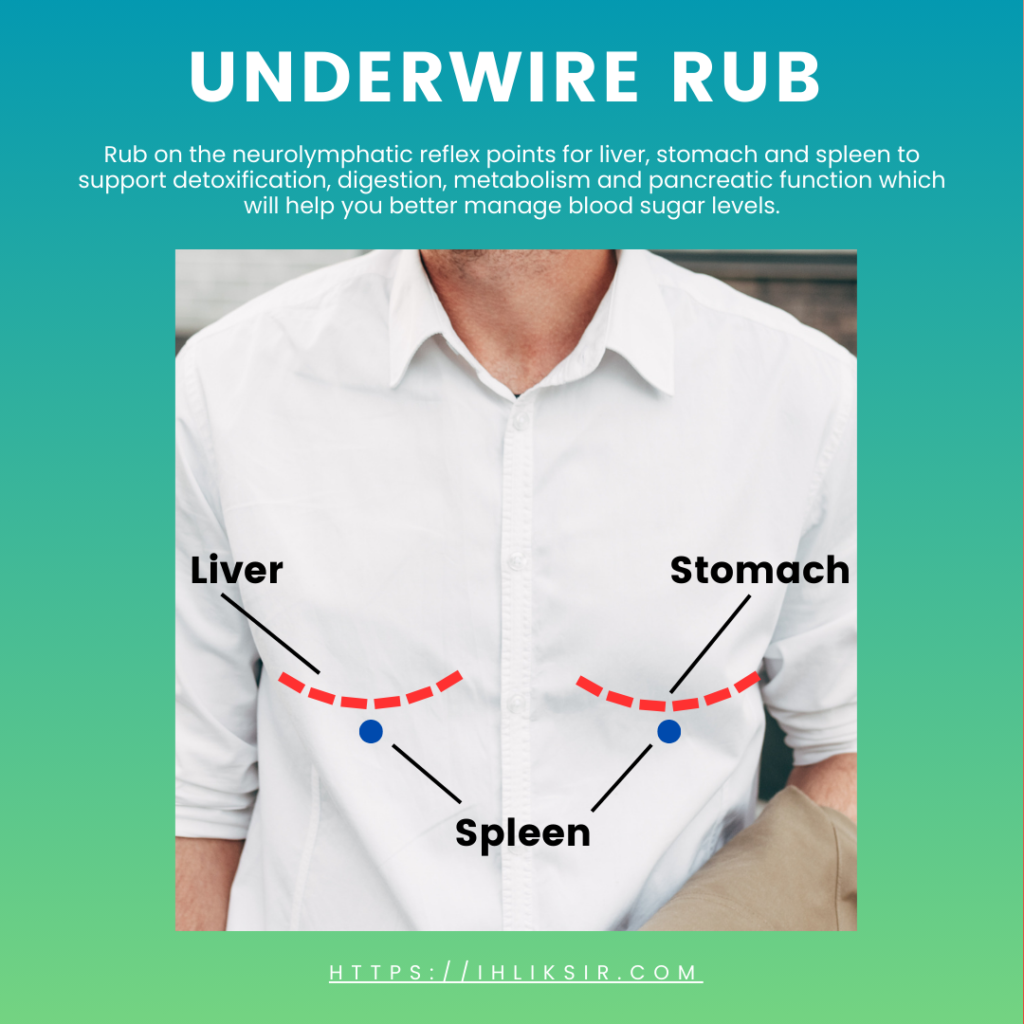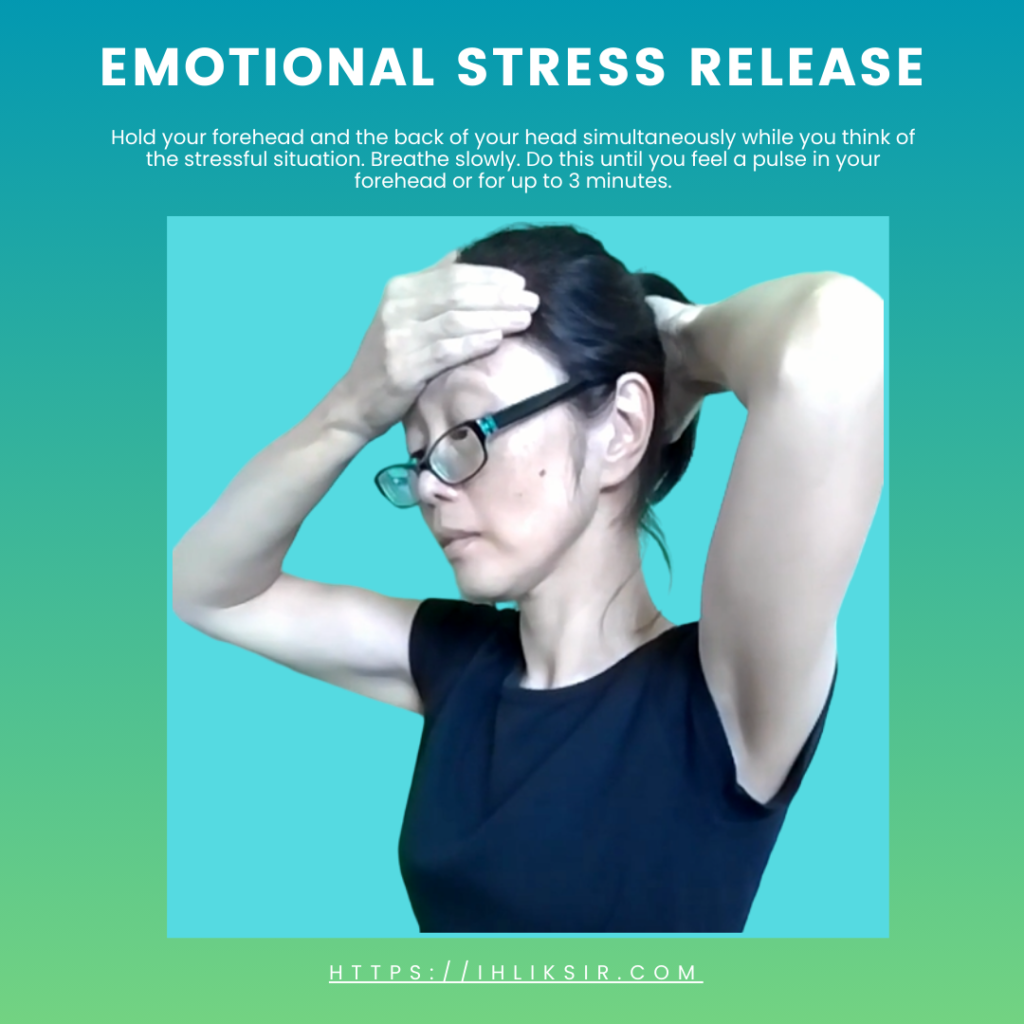You know the feeling. The never-ending to-do list, the constant pressure to meet deadlines, the gnawing anxiety that keeps you up at night. As a corporate professional, the demands of your job can leave you feeling drained, both physically and emotionally. It’s tempting to push through, to put self-care on the back burner. But here’s the secret: prioritizing self-care is the single best career move you can make.
For years, I’ve seen firsthand the toll that neglecting self-care takes on busy professionals. Eating at your desk or missing meals altogether, going to work even when you’re feeling sick, pushing through the migraines and backache. It’s not just about burnout and missed deadlines; it’s about your entire well-being. Here’s why self-care is the ultimate career move, and how to implement manageable strategies into your hectic schedule.
The Hidden Cost of Neglecting Self-Care
Think power lunches and late nights are the badges of honour in the corporate world? Think again. Constantly pushing yourself without proper rest leads to a domino effect. Your physical health suffers. Fatigue sets in, making you more susceptible to illness. Mentally, you become foggy and unfocused, leading to decreased productivity and increased errors. The stress takes a toll on your emotional well-being, too, making it difficult to manage difficult situations and maintain positive relationships with colleagues and possibly at home too.
More specifically, chronic stress have significant negative long-term consequences.
Physical Health:
- Weakened Immune System: Stress hormones suppress the immune system, making you more susceptible to illness and infections.
- Increased Risk of Chronic Diseases: Stress can contribute to the development of heart disease, high blood pressure, diabetes, and even certain cancers.
- Muscle Tension and Headaches: Stress can manifest physically as muscle tension, headaches, and pain.
- Digestive Issues: Chronic stress can disrupt digestion, leading to problems like constipation, diarrhea, and heartburn, increasing food sensitivities.
- Sleep Problems: Difficulty falling asleep or staying asleep is a common symptom of chronic stress.
Mental Health:
- Anxiety and Depression: Chronic stress is a major risk factor for developing anxiety disorders and depression.
- Mood Swings and Irritability: Stress can make you feel on edge and easily frustrated.
- Decreased Concentration and Focus: Chronic stress can cloud your thinking and make it difficult to concentrate.
- Burnout: Constant stress can lead to burnout, a state of emotional, physical, and mental exhaustion.
Overall Well-Being:
- Decreased Energy Levels: Chronic stress can leave you feeling drained and fatigued.
- Reduced Quality of Life: The physical and mental effects of chronic stress can significantly impact your overall well-being and enjoyment of life.
The Benefits of Prioritizing Self-Care
The good news? Self-care isn’t a luxury – it’s an investment in your most valuable asset: yourself. When you prioritize self-care, you’re not just taking a break – you’re recharging your batteries. Studies have shown that self-care leads to increased energy levels, improved focus and concentration, and a boost in creativity and problem-solving skills. You become more resilient in the face of stress, and your emotional well-being improves. This translates into a more positive work environment, better relationships with colleagues, and a happier, more fulfilled you.
Self-Care for the Busy Professional: Practical Strategies
So how do you actually fit self-care into your jam-packed schedule?
Even small steps can make a big difference. Start with five minutes of meditation or a 10-minute walk during your lunch break.
The key is to break it down into manageable steps. Here are a few tips to get you started:
- Gut Health: Fuel your body with healthy food choices that give you sustained energy and stabilise your blood sugar. [insert buddha bowl recipe]
- Physical Health: Even a short burst of exercise during your lunch break can make a big difference. Be mindful of your posture and ergonomics at your desk to avoid physical strain.
- Mental Wellbeing: Incorporate mindfulness practices like meditation or deep breathing into your day. Start a gratitude journal to shift your focus to the positive aspects of your life. Setting clear boundaries between work and personal life allows you to truly disconnect and recharge outside of the office.
- Emotional Wellness: Spend some time in nature, even if it’s just a few minutes in a park. Engage in hobbies and interests that bring you joy.
- Rest: Prioritize quality sleep – a well-rested mind is a more productive mind. Your body needs down time to rest and recuperate.
- Rest: Prioritize quality sleep – a well-rested mind is a more productive mind. Your body needs down time to rest and recuperate.
The Power of Energy Medicine for Corporate Professionals
As an integrative health practitioner specializing in energy medicine, I’ve seen the power of techniques like acupressure and Reiki to further enhance self-care practices. These gentle yet effective methods can help manage stress, improve sleep, and enhance overall well-being, leading to a more focused and productive professional.
You can also help yourself using energy medicine exercises to enhance energy flow in your body in just a few minutes.
To reduce stress, re-set and synchronise the left and right sides of your brain, clear your sinuses and get rid of minor headaches, practice alternate nostril breathing for a few minutes.

To support your digestion, metabolism and pancreatic function, rub the areas shown in red, especially if you wear an underwire bra.

For greater emotional resilience, to get clear your mind and re-set your brain, hold your forehead with one hand and the back of the head with the other hand, and breathe deeply for a few minutes.

Overcoming Obstacles to Self-Care
Let’s be honest, finding the time for self-care can feel like a challenge. We all battle with feeling guilty about taking breaks. Here’s the thing: view self-care as an investment, not an indulgence. Schedule your self-care activities just like you would any other meeting. Remember, a burnt-out employee isn’t productive. Be kind to yourself – self-compassion is essential for long-term self-care success.
Self-care is about what works for you. While those things can be relaxing, self-care can be as simple as getting enough sleep or setting boundaries with colleagues.
The Ripple Effect: Self-Care Beyond Yourself
The benefits of self-care extend far beyond your own well-being. When you’re feeling energized and positive, it creates a ripple effect. You become a more supportive colleague, a more patient friend, and a more present family member. Self-care isn’t selfish – it’s the foundation for a happier, healthier, and more fulfilling life, both inside and outside the office.
Self-care isn’t a fad – it’s a necessity. By prioritizing self-care, you’re not just taking care of yourself – you’re investing in your career success and overall well-being. Ready to get started? I offer a free consultation where I can help you create a personalized self-care plan tailored to your unique needs and busy schedule. Don’t wait until burnout hits – take charge of your well-being today.
Download my free Stress Relief e-Book or contact me today to schedule your complimentary consultation. Let’s work together to help you thrive, not just survive, in the corporate world.
Disclaimer:
I am not a medical professional. The information provided on this website is for informational purposes only and is not intended to substitute professional medical advice, diagnoses, or treatment. Always seek advice from your physician or other qualified healthcare provider before undertaking a new health regimen.
Do not disregard medical advice or delay seeking medical advice because of information you read on this website. Do not start or stop any medications without speaking to your medical or mental health provider.
Jennifer Tak is a certified Integrative Health Practitioner & Energy Coach who helps busy professionals regain their energy and conquer stress, gently and naturally. Jennifer had over 20 years of corporate life and was stressed out and exhausted. Now she’s using her previous corporate experience, combined with her hippy inclinations with health and energy medicine to simplify health for busy people. Get a FREE copy of her Stress Relief e-Book for 15 ways to reduce your stress quickly, gently and naturally.

